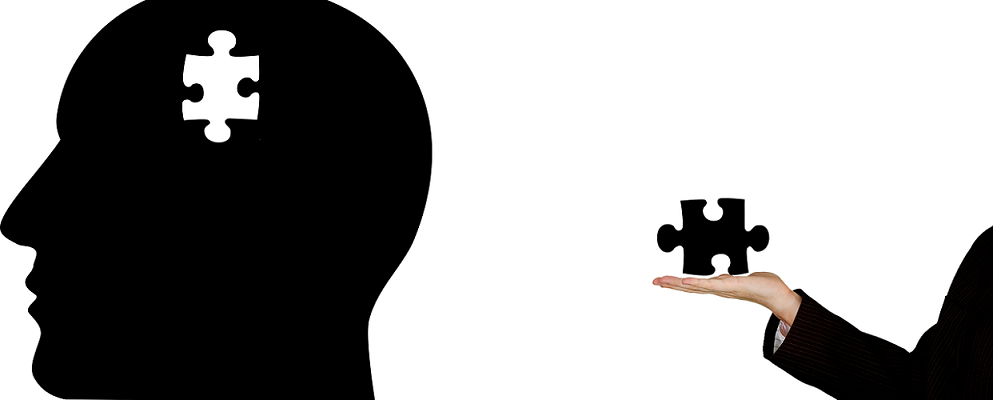Most of my clients ask me, “Doctor what do you recommend – the talk therapy or the drug therapy?”
Well, the answer is not so simple. It depends on many things such as the client profile, the type of illness, the severity of illness, time availability and client preference.
In ideal situation, a combined approach of both would be the best. Medicines calm down the individual, releases the right neurotransmitters in the brain to make them receptive, bring the biological functions back to normal (sleep, appetite, sexual desire) and hit the disease process in the right direction. Yes, they may have some side effects but the benefits certainly outweigh the risks in most patients.
Talk therapy has its own merits. If done and received properly, it changes the undesired behaviour, increases self-esteem, clears out faulty thoughts and gives new perspectives about a situation. However, it requires psychological bend of mind. People who are too overwhelmed by their emotions and may not be receptive, may not benefit from such a treatment modality. Also, it requires a lot of discipline and regular home works.
In short, some people find it easier to pop down pills while some find wrecking their minds and changing their behaviour more convenient. I personally feel, both have their own merits and both should be explored to their full potential under the guidance of a mental health expert. For a quick and holistic relief, ideal would be to start with medications and combine them with the talk therapy at the right time, which can be best decided mutually by both the therapist and the client.
Concluding with these beautiful lines written by someone on Tumblr under a pseudonym. Thank you Centrumlumina for putting the whole thing to such a meaningful analogy.
“Here’s a thought I had about how therapy and treatment works (vs how many people imagine it works). This is based on my experience with depression and chronic illness, but I hope it applies more broadly as well.”
“Imagine you have to take a road trip on a deserted road alone. Halfway through the trip your engine starts to splutter and the car breaks down. What do you do?”
“A lot of people imagine that therapy and treatment is like calling a mechanic to come and fix your car for you. You make the call, and then you just have to wait around until the mechanic has fixed the problem, and your car is good as new. Unfortunately, it doesn’t work like that. There is no on-call mechanic. No one is able to fix this car except for you.”
“Instead, it’s like you pull a toolbox out of the trunk, pop open the hood, dial up the mechanic on your phone. You have to try and describe the problems as clearly as possible and follow the advice they give as well as you can.”
“Sometimes you won’t understand the advice, and you will need them to explain it again or suggest something else. Sometimes you will do what they say and the car still won’t run, and they won’t be able to explain why, only give you something new to try. Sometimes you will think you fixed the problem and start driving and the car will break again two minutes down the road. No matter what happens, it’s going to be hard and messy and frustrating work.”
“But at the end of it, not only will your car be running again, but you will know how to fix it now. Which isn’t to say that you will never need another mechanic again, but next time you get stuck, it will be that little bit easier to handle.”
“So keep at it everyone, and good luck on your journeys!”
Wishing you the best of mental health today and always!
Dr Apala

